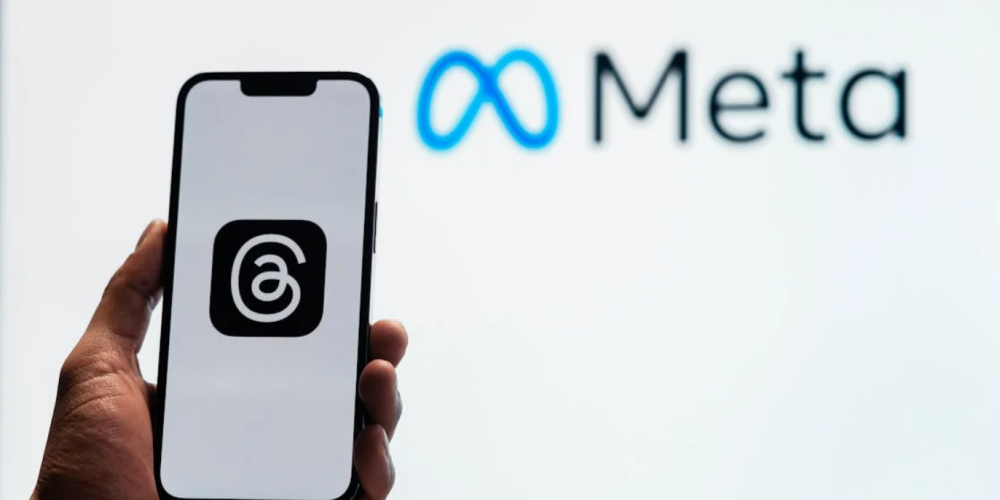Potential Impact of Proposed Illinois Legislation on Social Media News Content
- 2024-03-13 14:30
- 0 Comments

The ever-evolving landscape of social media includes how news is consumed and monetized, creating an intersection between digital platforms and journalism that frequently sparks debate and legislative attention. Social media titan Meta, the parent company of prominent platforms such as Facebook and Instagram, finds itself at the heart of a new controversy. This stems from a proposed Illinois bill that could radically change how news content is handled on their apps. As social media continues to replace traditional news sources for many, the implications of such a legislative change are worth exploring.
The proposed Journalism Preservation Act in Illinois aims to address the financial imbalance between content creators and the platforms that benefit from their work. By pushing for media companies to receive fees for news shared on apps, legislators hope to support a struggling industry that has transitioned from print to predominantly digital dissemination. Senator Steve Stadelman's initiative reflects a broader global conversation about fair compensation for journalists and media outlets in the digital age. The proposal, however, has been met with a firm response from Meta, indicating their willingness to restrict access to news content for Illinois residents rather than comply with the proposed fees.
Meta's response is not unprecedented. In a similar situation, Canada's Online News Act led to a contentious standoff, culminating in Meta's decision to block all news content on its platforms in the country, a move that highlights the company's strategy when challenged with content payment regulations. The prospect of Meta withdrawing news from its Illinois users signals potential ramifications for both the availability of news on social media and the ongoing discourse surrounding the appropriate model for compensating news publishers in the digital era.
The Illinois standoff isn't just about Meta or local news organizations but speaks to a larger dilemma of defining the value and ownership of news content shared online. The tug-of-war between tech giants and publishers goes beyond territorial disagreements, prompting questions about the role of social media in informing the public.
The potential removal of news content on Meta's platforms for Illinois users represents not just a local issue but a significant moment in the ongoing conversation about the intersection of media and technology. It underscores the precarious balance between content accessibility and the financial sustainability of news journalism. As the situation unfolds, it holds implications for similar battles worldwide as governments and tech companies navigate the complex terrain of digital information sharing. Regardless of the outcome in Illinois, the issue signifies a critical juncture for understanding and shaping the way we interact with the news in the digital age.






Leave a comment